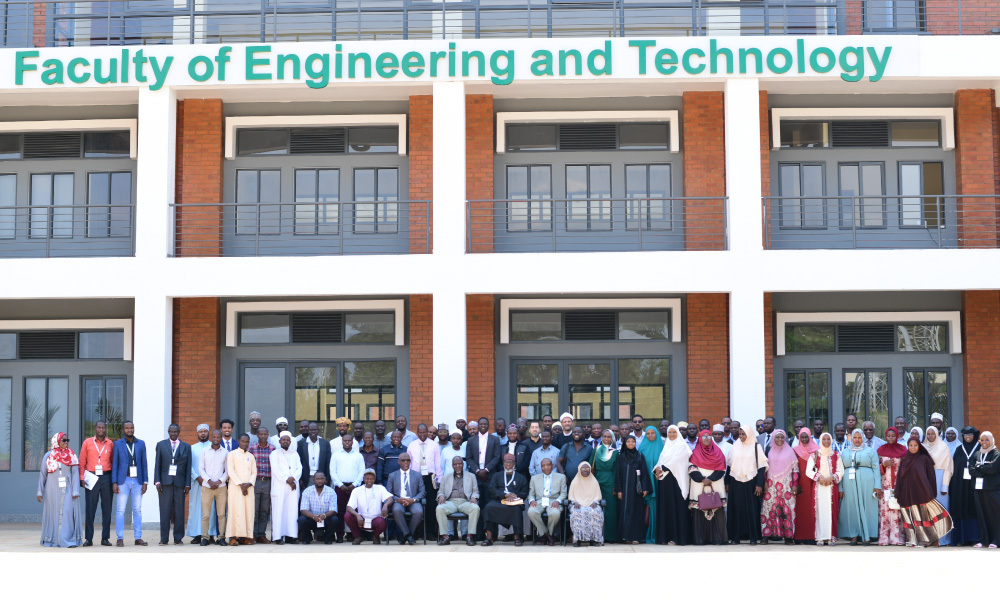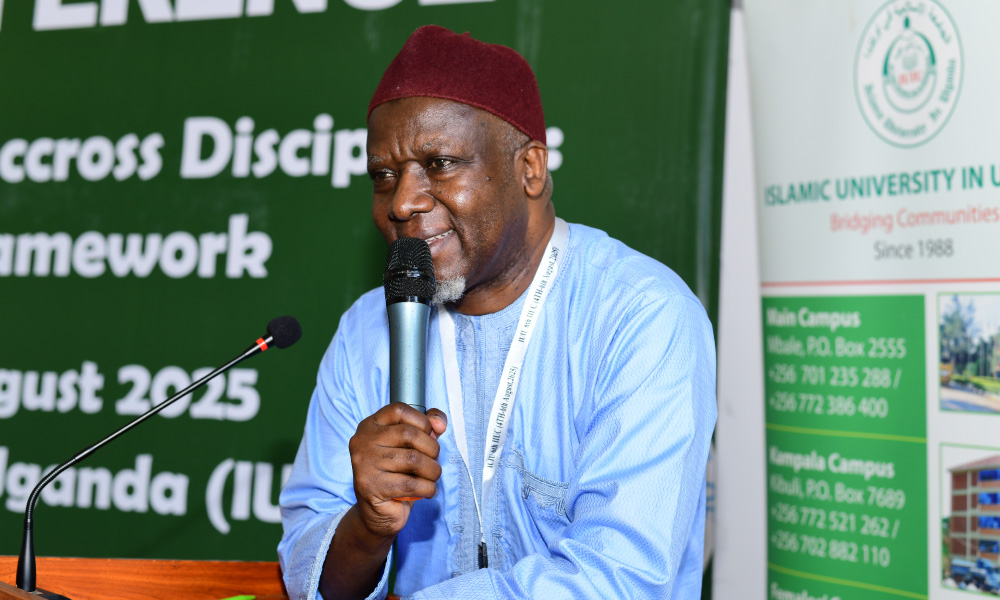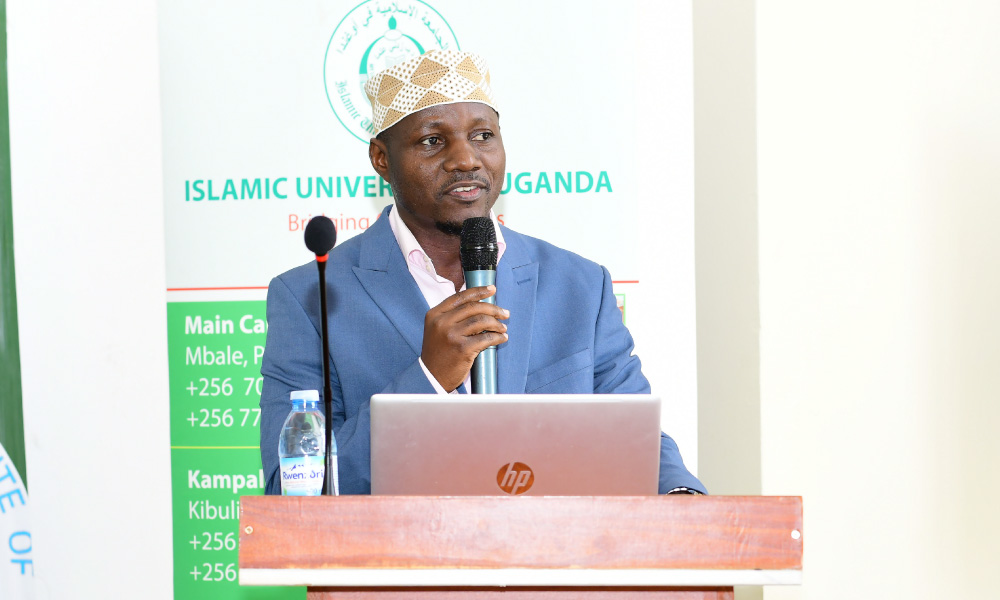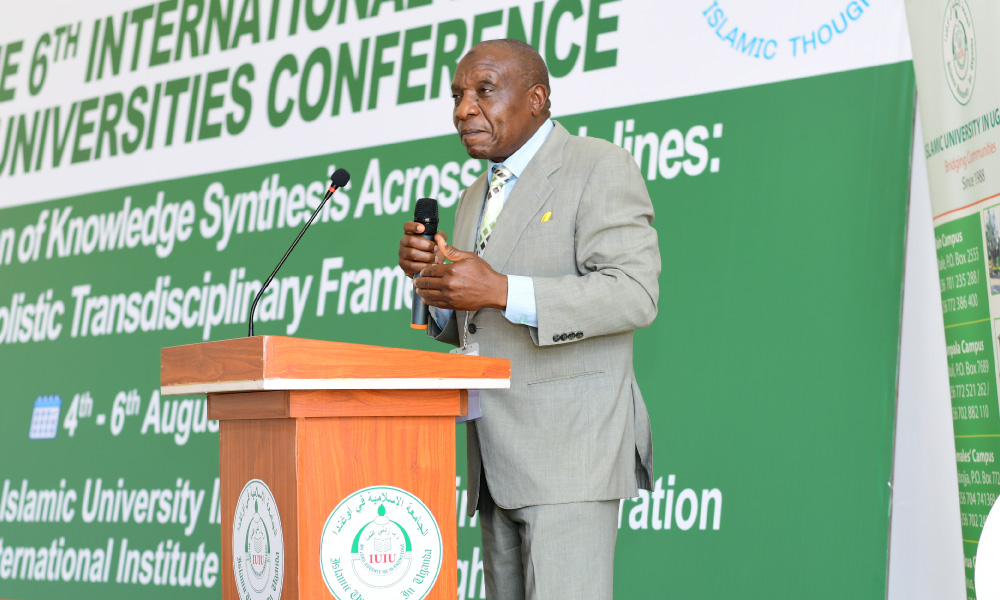Call for Papers
02nd Feb, 2026 1:00pm

The 6th International Islamic Universities Conference (IIUC) concluded at the Islamic University in Uganda (IUIU) with a unified and urgent call for a paradigm shift in higher education: the full integration of Islamic values with modern secular knowledge. Scholars, educators, and thought leaders from across Africa and beyond rallied around the need to move beyond fragmented education systems and adopt a Monotheistic, transdisciplinary, and values-based approach to teaching and learning.
The Problem with Modern Education
The conference’s central message was clear: modern education is failing to meet the moral, spiritual, and practical needs of society. As Professor Salisu Shehu, Executive Secretary of the Nigerian Education Research and Development Council, stated in his keynote address,
“Today’s complex and rapidly changing global challenges cannot be solved by knowledge that is divided or disconnected from spiritual purpose.”
IUIU's Rector, Assoc. Professor Ismail Simbwa Gyagenda echoed this sentiment, emphasizing the dual nature of human beings, body and soul, and highlighting the tendency of modern curricula to neglect the spiritual side.
“If the soul is ignored in education, we risk producing competent people with no compass,” he said.

A Critical Review of the System
Dr. Walusimbi Abdul Hafiz Musa, Head of the Department of Shariah at IUIU, presented a research article that critically evaluated the implementation of the Islamization of Knowledge (IOK) at the university. His findings resonated deeply with the conference theme, warning that without integrating scientific knowledge with spiritual relevance, educational institutions risk a “loss of direction.” He called for reconstructing curricula to include religious aspects and holistic human development, not just academic credentials.

Practical Recommendations
Conference participants did not stop at critique; they proposed practical steps for transforming education systems as presented below:
A Vision for a Brighter Future
In his closing remarks, Professor Abdul Kaziba Mpata, IUIU’s Vice Rector for Finance, summarized the conference's spirit:
“All knowledge is inherently religious, because its true purpose is to benefit humanity.”
He reaffirmed IUIU’s founding vision, a university that merges Islamic values with modern education, and emphasized that this integration is more critical now than ever, especially in the face of the 4th Industrial Revolution, moral decline, and the search for identity among the youth.

A Call for Transformative Change
The IIUC 2025 conference called on Islamic universities, policymakers, and educators to rise to the moment. As the world grapples with technological disruptions, ethical dilemmas, and social fragmentation, Islamic higher education has a unique opportunity to lead by producing graduates who are not only academically skilled but also morally anchored, spiritually aware, and socially responsible.
As Dr. Hafiz Musa warned, the cost of failure is high, a generation of educated individuals who are disconnected from purpose. But the conference also provided hope, a roadmap, and a clear call to action:
Education must reflect the unity of knowledge and faith, for the betterment of individuals, communities, and humanity at large.